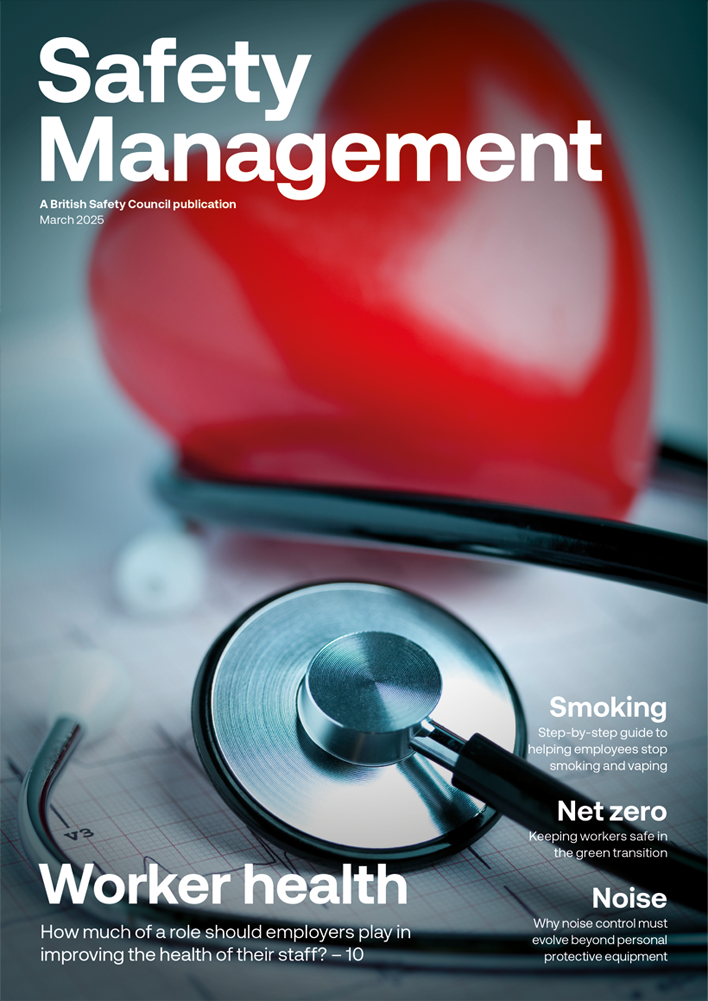Work-life balance has surpassed pay to become the most important factor for workers, a new global survey carried out by international recruitment firm Randstad has found.
News
Work-life balance trumps pay as top motivator for workers, survey finds
It is the first time since Randstad began conducting its annual Workmonitor survey 22 years ago that work-life balance has ranked above compensation to become the leading motivator for workers around the world.
 Photograph: iStock/baona
Photograph: iStock/baona
The recruitment company surveyed 26,000 employees across 35 countries and found that work-life balance was the most important factor for 85 per cent of respondents, followed by job security at 83 per cent.
Pay was the third highest-ranking motivator, at 79 per cent. The gap was wider for younger workers, with 76 per cent of Gen Z employees valuing work-life balance over pay, which came in at 63 per cent.
Other high-ranking priorities for workers, according to the survey, are annual leave, flexibility in terms of location and working hours, and the need for employees to feel that they have made a personal impact in their roles.
“For today’s talent, the significance of work is complex and needs to be personalised,” said Randstad chief executive Sander van’t Noordende. “They are setting the terms on what truly matters to them as individuals and within their communities.”
Successful businesses, added van’t Noordende, are those that will “adapt and adjust to this new talent baseline”.
When it comes to remote and hybrid working, the survey found that three days a week in the office is the preferred balance for 26 per cent of employees – a higher proportion than those who wanted to come into the office for fewer or more days a week.
Another theme to emerge from the survey was that employees want to feel like they belong at work and can be themselves in the workplace. More than eight out of 10 respondents said that a sense of community helped them perform better at work, while 60 per cent said they would quit their job if they didn’t feel like they belonged – up from 37 per cent a year ago.
“At a time of talent scarcity, we need all hands on deck,” said van’t Noordende. “Creating workplaces where all talent wants to work is not just a nice-to-have, it’s a common-sense business imperative.”
NEWS

Nation in declining health as UK marks pandemic anniversary
By Belinda Liversedge on 25 March 2025
Around one in seven (14 per cent) UK adults have experienced a long-term health condition because of the virus.

Review leader says “new era of workplace health” must solve long-term sick crisis
By Belinda Liversedge on 20 March 2025
Employers must “adapt with the times,” the leader of a major government review has urged, which confirms record numbers of people suffering from work-limiting health conditions and increasing joblessness due to mental ill health.

Intervention is key, says PwC as 4.4m more workers set to leave labour market
By Belinda Liversedge on 17 March 2025
Considering leaving work has "gone mainstream" says a new report, with one in 10 UK workers actively considering leaving work with mental health the main driver.



